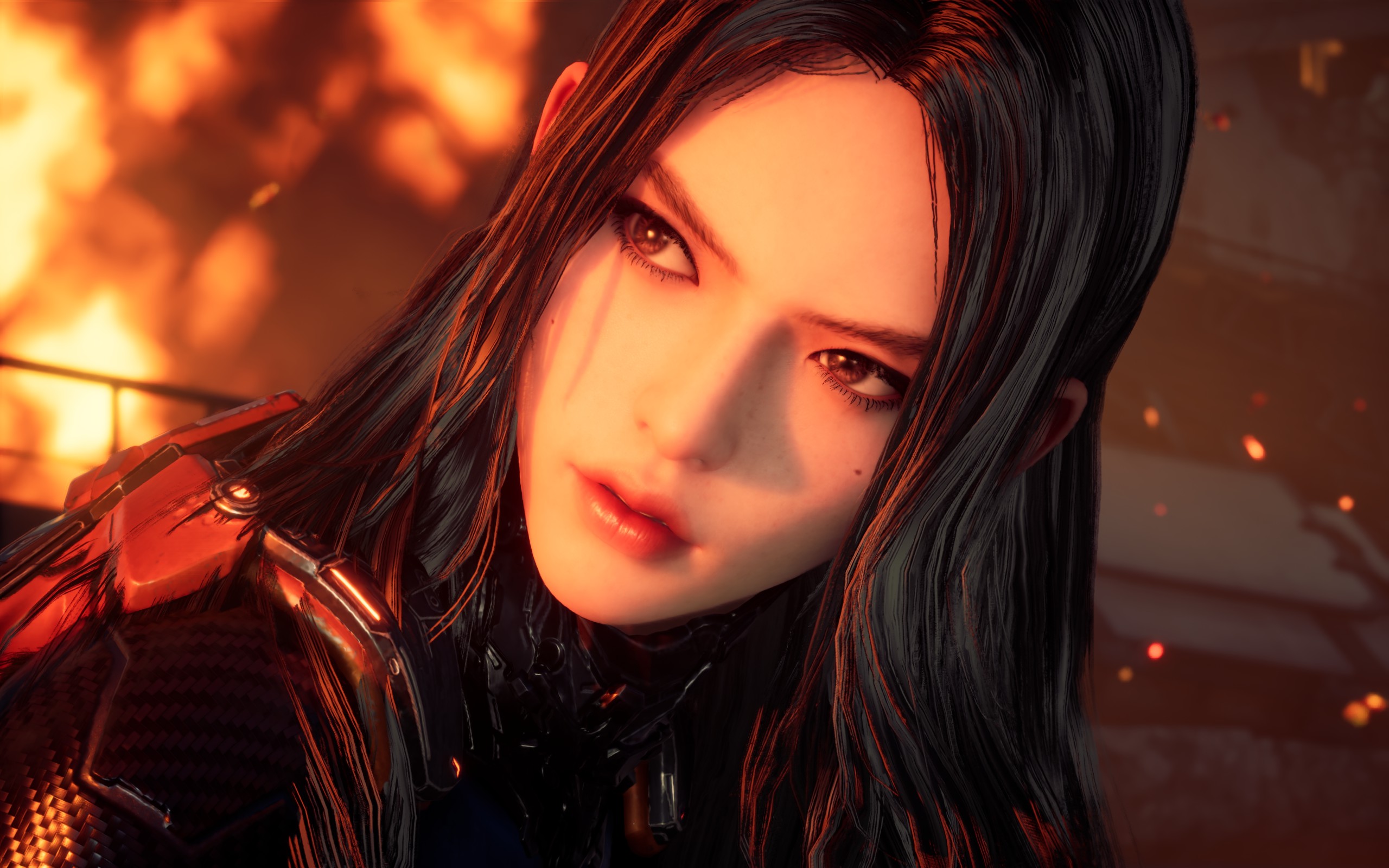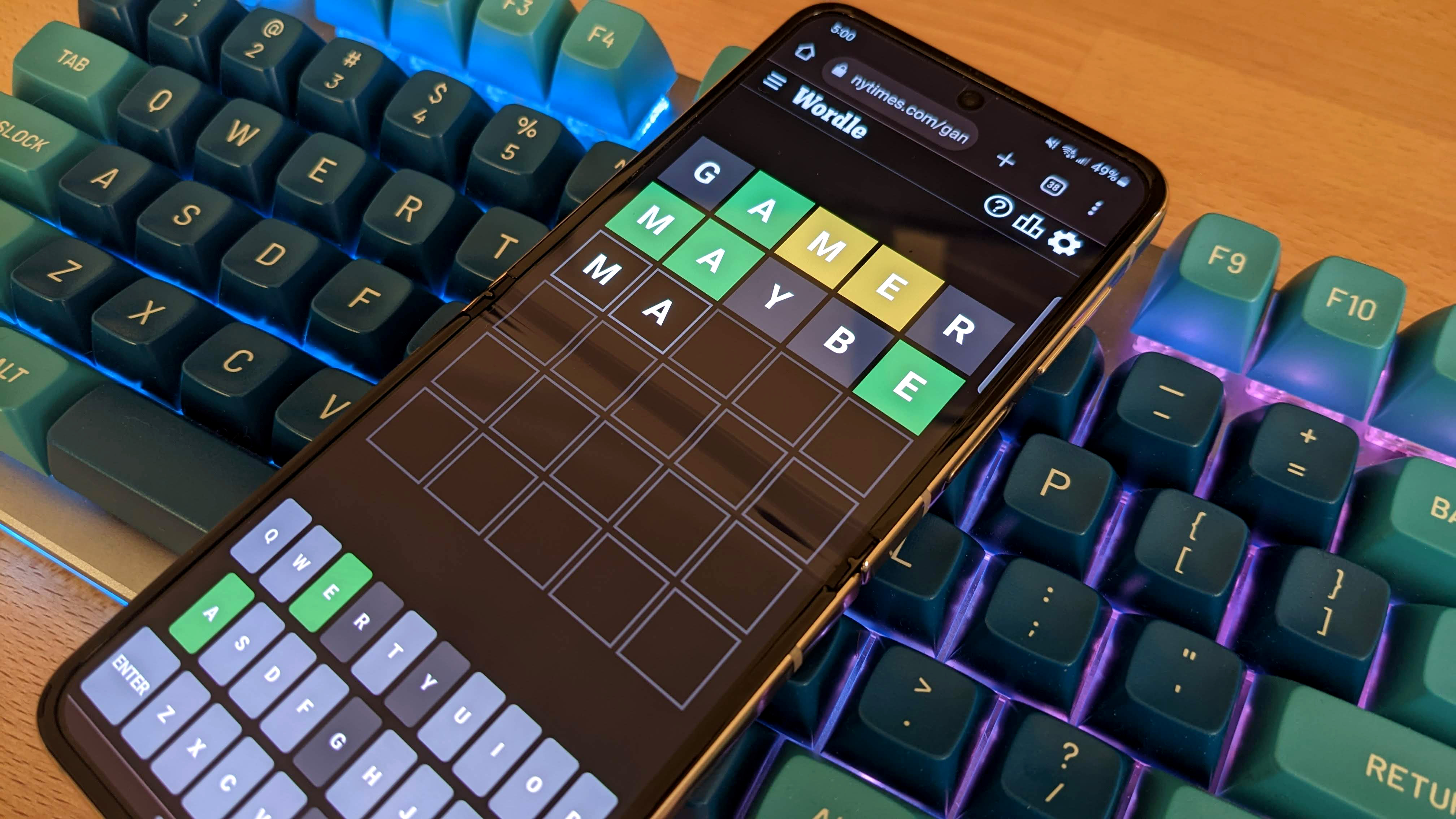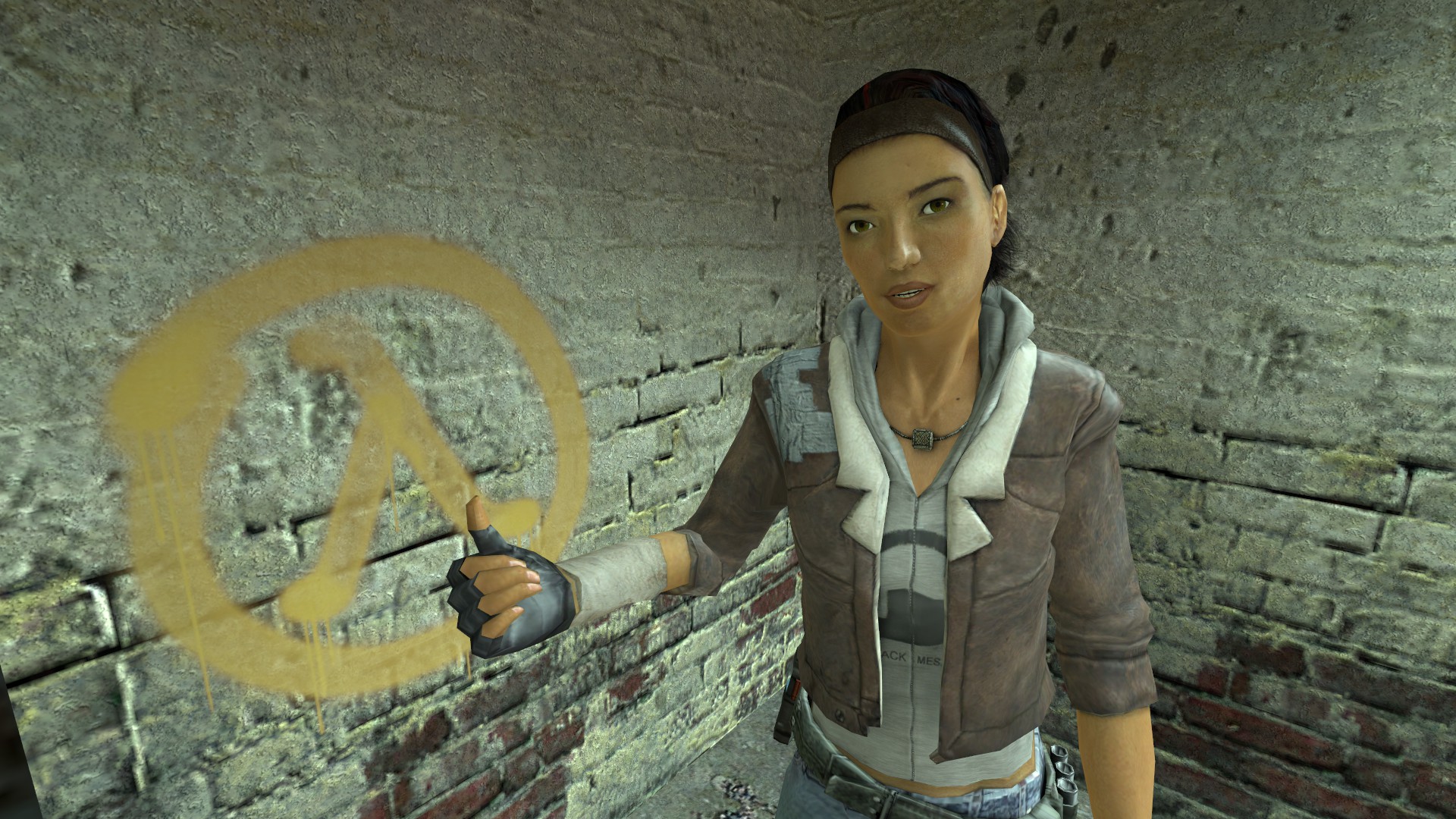
One courageous man's defence of an unfairly maligned game mechanic.
A little while back I united, uh, pretty much all of you against me by daring to speak my truth. In a harmless (yet powerful and right) news update about the upcoming Resident Evil 4 remake, I happened to mention that I was disappointed that Capcom’s re-do of the old classic is removing quick-time events from its cutscenes.
Like the great prophets and free-thinkers of old, I was pilloried for my opinion. The simple joy of screwing up the Krauser knife fight because you absent-mindedly put your controller down was apparently something only I appreciated.
Well, I am undaunted. The truth will out, and the truth is that QTEs are basically fine and here I am, outing it. I kid, kind of, but I genuinely am a bit puzzled by the sheer rancour that QTEs seem to arouse in people. Like almost any other game mechanic, they seem like something that can be done poorly or done well, yet whenever you mention them you’re bound to encounter cries of “Press X to not die”.
But, well, I do that quite a lot in videogames, and while I’d never be foolhardy enough to suggest hitting X to sip an Estus Flask in Dark Souls is the same as hitting X to round a corner in Shenmue, I can’t say that one sounds inherently conceptually bankrupt in a way that the other doesn’t.
Science tells us that extraordinary claims require extraordinary evidence, even when they’re objectively correct, and I am nothing if not a man of science. So if my impassioned pleas aren’t enough to convince you, I’m ready and willing to defend QTEs in the cutthroat court of public opinion. Like a digital Erin Brockovich, I have painstakingly assembled an airtight case: an indisputable list of games whose QTEs enriched, enlivened, and ennobled them.
Vanquish
There is an eight minute video on YouTube called Awesome Vanquish Moments and we have QTEs to thank for it. Now, you can say that the QTEs weren’t necessary, that Vanquish could have just played those awesome Vanquish moments out for us as plain old cutscenes, but I think we both know they wouldn’t carry the same weight in our memories if that had been the case.
QTEs create a weird kind of half-space between full gameplay and a straightforward cutscene: A place where you’re present and involved as a player but not directly in control. Vanquish QTEs feel spectacular and engaging in a way that they wouldn’t if you were just watching a cutscene play out. When those bosses get obliterated, you feel like you had something to do with it, but the fact it’s not happening in gameplay means that the devs were able to get far more ambitious with animation and scene pacing. It’s that potent mixture that makes those scenes immortal.
The Quarry
(Image credit: Supermassive)
Where would the teen wolves of The Quarry be without QTEs? Alive, that’s where. The spectre of death is always a misclick away in Supermassive’s games—whether The Quarry, The Dark Pictures Anthology, or the still somehow PlayStation-bound Until Dawn—and it works in perfect harmony with the atmosphere and narrative of those games.
Being pursued by horrors beyond knowing is stressful, attempting to smack the right button on your controller as prompts bubble up on screen is stressful, and failing to do that properly because you were too stressed? Also stressful. QTEs can work exceptionally well in horror games, taking advantage of all the bad circuits in your brain to plunge you into bloody failure at a moment’s notice, and it’s particularly well done (mostly) in Supermassive’s various games about unhappy people having a bad time.
Plus, you can just put your controller down if you really want this or that character to bite it. Sorry Jacob.
Shenmue
Ryo Hazuki has places to be, and in order to be there on time he needs to run very fast without absolutely beefing it and colliding with a vegetable cart or hot dog vendor. I was always overjoyed whenever a prompt flashed up in Shenmue, because it meant two things: Something absurd was about to happen, and I wouldn’t have to interact with the game’s normal combat system (which, as an inveterate fighting game disliker, I was terrible at) in order to see it.
Shenmue’s QTEs were the only time I felt like an actual martial arts master. My attempts to engage with the game’s fighting mechanics were always awkward, flailing things, but even I’m just about capable of pressing a button on a controller when it flashes at me. The fact that not every fight in the game required me to properly fight people was likely the only reason I actually beat Shenmue.
(Image credit: Imgflip)
Truly, sometimes the greatest gift QTEs can give us is protecting us from the rest of the game they inhabit.
Mass Effect
Does this count? Well I’m writing the article and I say it does. Mass Effect 2 and 3’s interrupt system is beloved, and for good reason: yanking back one of the triggers when you see an interrupt prompt flash up momentarily on the screen and immediately performing some kind of war crime is one of the greatest joys in gaming.
I’m a through-and-through Mass Effect 1 guy and even I’ll admit that the second game’s interrupt system was a straight-up improvement over the dialogue system of the first. Pushing that one guy out of a window just wouldn’t carry the same buzz if you were selecting it from a sterile dialogue wheel. The animal, high-octane rush of seeing a thing flash and reacting to it is all part of the thrill, and the mute regret of wondering what could have been if you give it too much thought and miss your opportunity is part of it too.
Anything by David Cage
Outside of the very beginning of Fahrenheit (where you cover up a murder in a toilet) and the very end of Fahrenheit (where you fight the living embodiment of the internet), I’ve never really enjoyed a David Cage game. Luckily, I can ensure almost everyone in them has a really unpleasant time just by not hitting the right buttons.
That one Spiderman game
Games are art.



